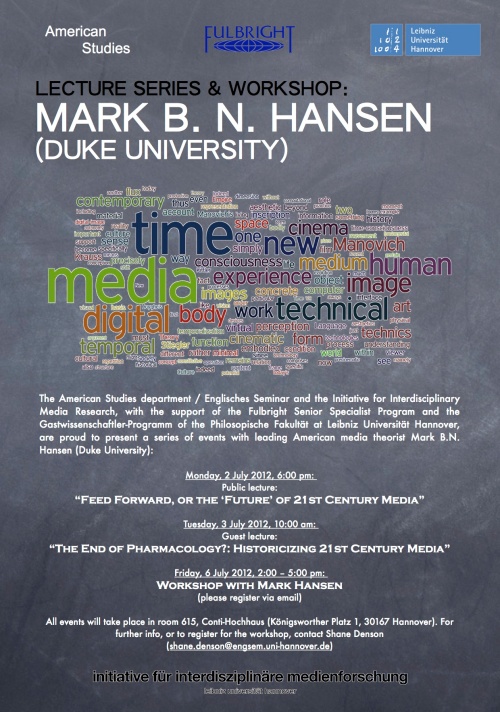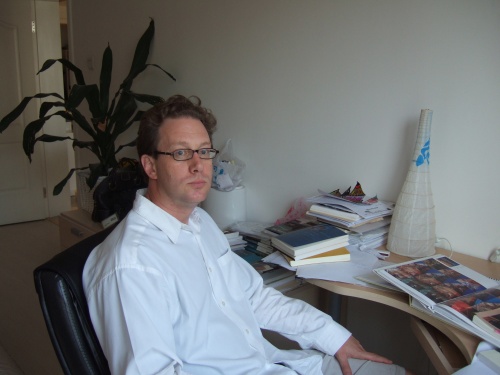
Digital Aesthetics Workshop – Workshop
Stanford University, May 24, 2024
We’re pleased to announce the return of the Digital Aesthetics Workshop – Workshop. In the spirit of the Digital Aesthetics series – which invites faculty from various institutions to speak about their work – we envision the DAW-W to be a space for graduate students to share any work-in-progress research in a half-day workshop at the Stanford Humanities Center.
We welcome 250-word abstracts from Stanford graduate students for 15-20 minute presentations. Presentations can be about papers, practice-based projects, and alternative forms of research relevant to the theme of “digital aesthetics,” broadly understood. Presentations will then be workshopped with their peers and faculty mentors Shane Denson (Art History) and Angèle Christin (Communication). Lunch and refreshments will be provided to attendees.
Please send your abstracts to Hank Gerba (hankg@stanford.edu) and Grace Han (ghahahan@stanford.edu) by 6 May 2024, with the email title “DAW-W Abstract.” Acceptances will be sent out shortly after.



